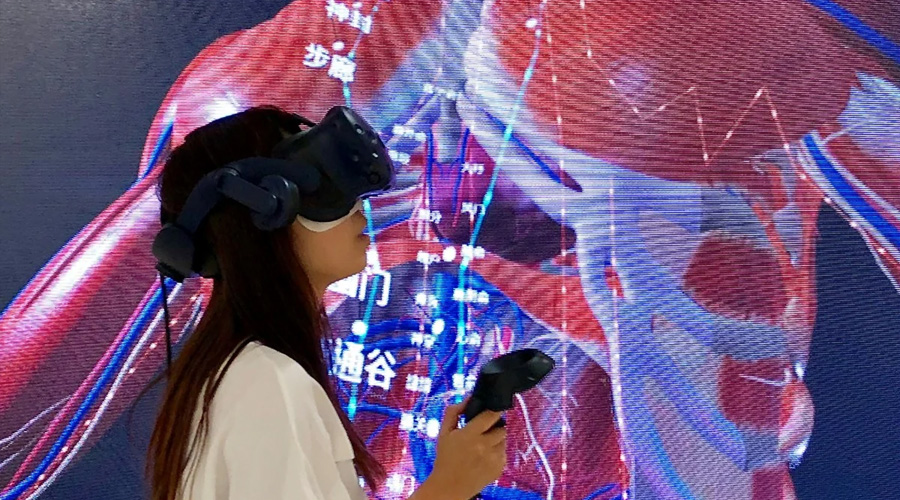Metaverse in EdTech market leading to a momentous transformation of the education industry
The desire to feel, learn, and experience without being present in the real world has grown. The COVID-19 pandemic restricted transportation even further and reflected the need for metaverse in EdTech market. However, for other industries, the “digital transformation” has been difficult. One of them is the educational sector. During the epidemic, many people found it difficult to teach and learn because of restrictions and lockdowns. The metaverse is a universe in which people can live, learn, study, and interact in a 3D simulated environment while wearing virtual reality goggles. Recognizing the need for a fundamental transformation in all aspects due to the nature of its job, educational institutions and EdTech companies are inculcating metaverse in education to remove the distance and physical barrier from learning and make it more immersive and participatory. Therefore, enhancing the consideration of metaverse in EdTech market.
- 10 Strategies EdTech Companies can Enforce to Adopt BPA in EdTech
- Web 3.0 in Education Initiating EdTech Revolution
- EdTech Advancements Embracing Metaverse Education for Learners
Wonders Of Metaverse In Education
While the metaverse is still in its early stages of development, EdTech companies are looking forward to improving the learning experience by building multiple worlds that help learners gain a deeper understanding of specific subjects. This is further encouraging the sale of metaverse in EdTech market. Moving further, the metaverse is hinting at the idea of allowing learners to develop their own worlds where they can share their experiences with other learners. The metaverse takes a straightforward approach. It involves supplementing traditional methods of learning by integrating technology and making learning simple by offering a real-time experience.
Market Eminence
The metaverse has piqued the interest of top industry executives since learning in the metaverse gives pupils with a gamified learning experience and constant access to study information. The EdTech market is one of the fastest expanding in the world. As per recent Future Growth Insights analysis, the EdTech market is predicted to exceed US$288.4Bn by the end of 2031, at a startling 14.5 per cent CAGR (compound annual growth rate). Top technology corporations are investing in the EdTech company to acquire early driver advantage and to encourage metaverse in education.
Facebook and Microsoft
Facebook Reality Labs will invest US$150 million in educational programmes to improve training and technological innovation. The company is collaborating with Coursera and EdX to leverage learning by offering the META Spark AR curriculum, which will use virtual reality and augmentation. Likewise, Microsoft has launched Microsoft Mesh in 2021. This project aims at facilitating better adoption of metaverse in EdTech market. Mesh is a corporation that promotes the new digital world adoption by providing it to educational institutions and EdTech industries.
Immersive Capacity
The metaverse in education is here to stay, and it offers its users an immersive learning experience. Learners can become a part of numerous periodic occasions where they will have a virtual avatar by merging the metaverse with education. Companies are developing virtual avatars that allow learners to customise their avatars based on the environment they are in and the subject they are learning in order to provide a more realistic experience.
Metaverse in education facilitates tools that enable students to effortlessly learn, understand, and apply knowledge. Furthermore, the metaverse does not discard the concept of learning in the presence of a teacher. In fact, it considers the teacher to be a primary supporter of teaching, learning, and education. Thus, the metaverse in education encompasses a wide range of learning, from being present in a virtual environment to be present within the walls of the classroom. Because of the integration of the metaverse in EdTech market, the future of education appears more exciting and brilliant than ever.



